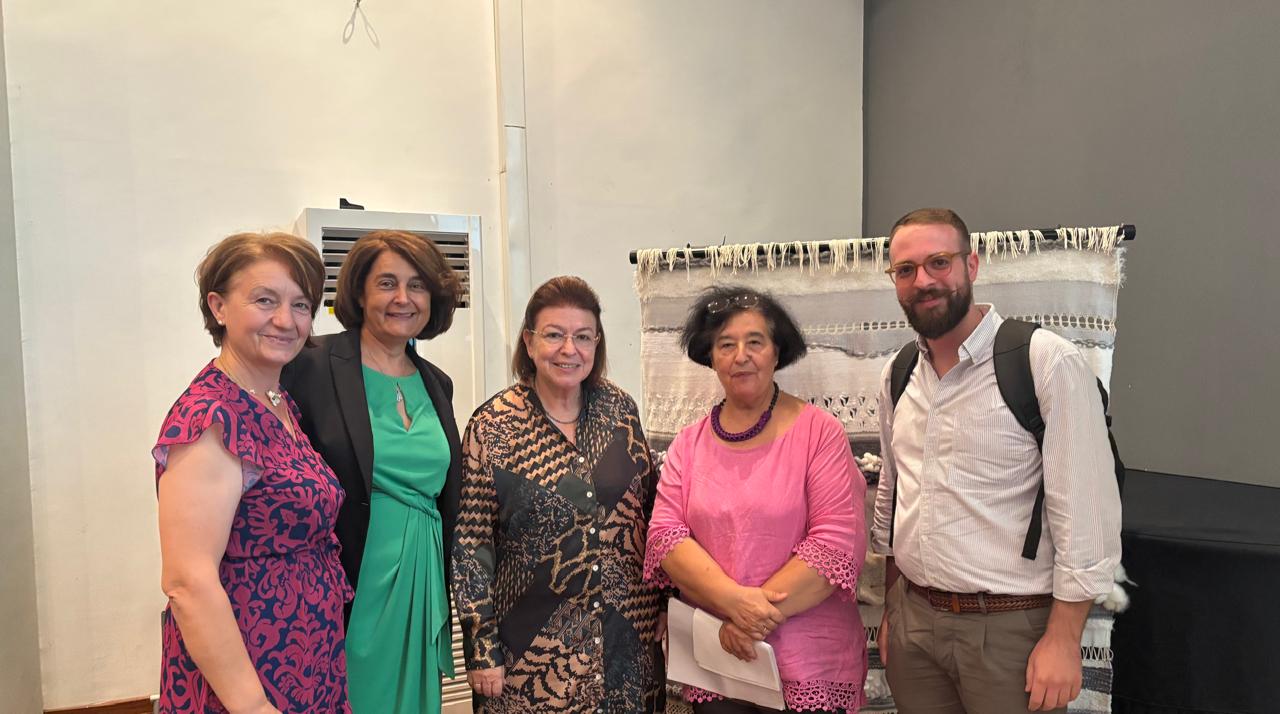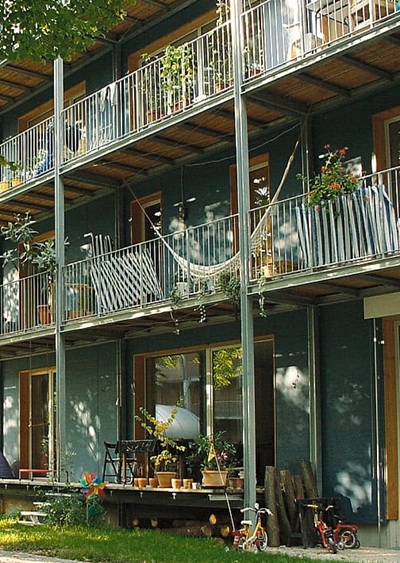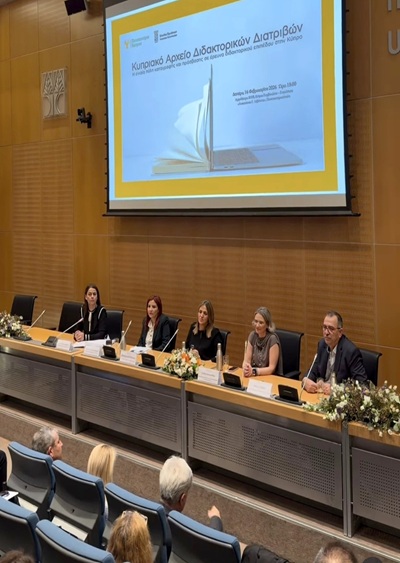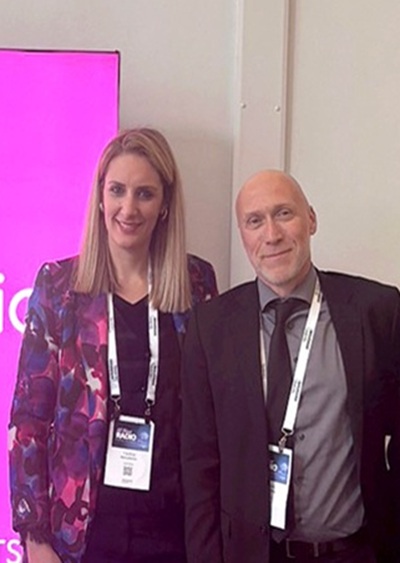
The Minister of Culture, Lina Mendoni, opened the proceedings of the conference entitled “Crafts in Transition: Strategy for the Revival of Greek Handicrafts,” which was held at the Museum of Contemporary Art in Thessaloniki as part of the 89th Thessaloniki International Fair.
The workshop focused on the prospects for Greek handicrafts, the sustainable development of the sector, and its integration into contemporary cultural and economic life, with the participation of distinguished representatives of the academic community, the creative sector, and experts in cultural policy-making.
In her speech, the Minister of Culture made special reference to actions that enrich the strategic plan. Regarding the Stone Schools in Pentalofo, Voio, and Lagadia, Gortynia, she noted that the goal is—in collaboration with the Peloponnese and Western Macedonia Regions—to promote a new generation of stone craftsmen, following tradition, which will not only revive the art of stonework—already listed in the National Inventory of Intangible Cultural Heritage—but will also feed the market, where demand for craftsmen remains particularly high. Regarding the upgrade of the Tinos School of Marble Craftsmanship, he emphasized that as a Higher School, with new infrastructure, modern technical equipment, and €13,000,000 in funding, new professional prospects are opening up for graduates, while in Samos, the School of Woodworking preserves the art of woodworking and at the same time trains skilled craftsmen who will support local woodworking activities. Finally, regarding the “Mantiladiko – Center for Printed Fabric” in Metaxourgeio, he said that with the restoration of the historic building and the utilization of its mechanical equipment, the activity is not limited to museum preservation, but creates a space for the revival of ancient techniques.
The workshop began with a presentation of the Strategic Development Plan for Greek Handicrafts by Glykeria Karagouni, associate professor at the University of Thessaly. The 47 proposed interventions for expanding the economic footprint of handicrafts in the Greek economy were presented, with particular emphasis on promoting local sustainable development. Among the proposed initiatives, the need to create a central body for handicrafts became apparent, as did the development of a Skills Action Plan for Handicrafts for formal and informal education. Proposals were also presented for pilot projects focusing on the creation of craft clusters to strengthen innovation, technological and digital empowerment, and the extroversion of craft businesses.
This was followed by a presentation of the innovative educational program of KEDIVIM (Center for the Development of Skills Related to Handicrafts) of three universities, by the coordinating professors: Ioannis Ziogas, professor in the Department of Visual and Applied Arts at the University of Western Macedonia, Anna Karatzani, assistant professor in the Department of Conservation of Antiquities and Works of Art at the University of West Attica, Ioannis Papadopoulos, professor of Marketing and Wood Business Economics in the Department of Forestry, Wood Science and Design at the University of Thessaly. The first cycle of the program, which is being implemented in 19 training structures in 8 regions of the country, will be completed at the end of 2025.
In the third part of the workshop, there was a presentation of the Value Chain Studies and Materials in Home Economics – Handicrafts. Professors Georgios Arsenos, Professor and Director of the Animal Production and Environmental Protection Laboratory, Department of Veterinary Medicine, School of Health Sciences, Aristotle University of Thessaloniki, Georgios Dalos, professor and Chair of the Department of Forestry, Wood Sciences, and Design at the University of Thessaly, and Dionysios Semitekolos, chemical engineer and researcher at the National Technical University of Athens, presented their ongoing studies on wool wood, and clay, respectively, which will be completed by the end of 2025, highlighting the prospects for utilizing raw materials through studies on value chains.
In the final section, Dr. Aikaterini Polymerou-Kamilaki, former Director and Honorary Researcher at the Center for Greek Folklore Research of the Academy of Athens, Angeliki Giannakidou, Founder and President of the Ethnological Museum of Thrace, and Socrates Kefalogiannis, Mayor of Anogeia, emphasized the role of handicrafts as a lever for the development and strengthening of local communities, using examples from Thrace and Crete, demonstrating that Greek handicrafts are not only an integral part of our cultural heritage, but also a living vehicle for innovation, sustainable development, and international outreach.
On behalf of the academic community, Rectors Panagiotis Kaldis (University of West Attica) and Charilaos Billinis (University of Thessaly) highlighted the pivotal role of universities in implementing the strategy for the development of handicrafts.
The workshop was attended by Deputy Minister of Culture Iasonas Fotilas, Mareva Grabowski-Mitsotaki, representatives of local government from the country’s eight regions, members of the academic community, and officials from the Ministry of Culture and Sports.







Leave A Comment